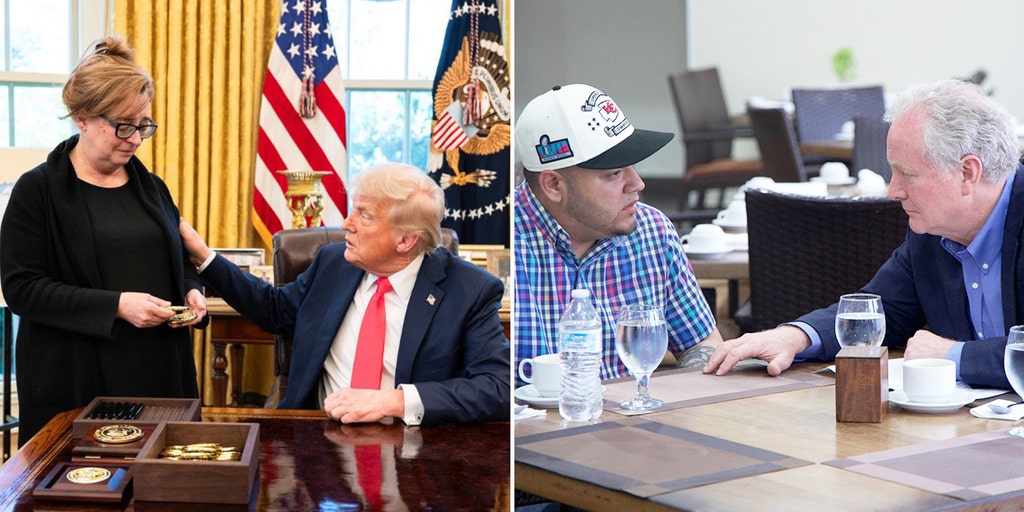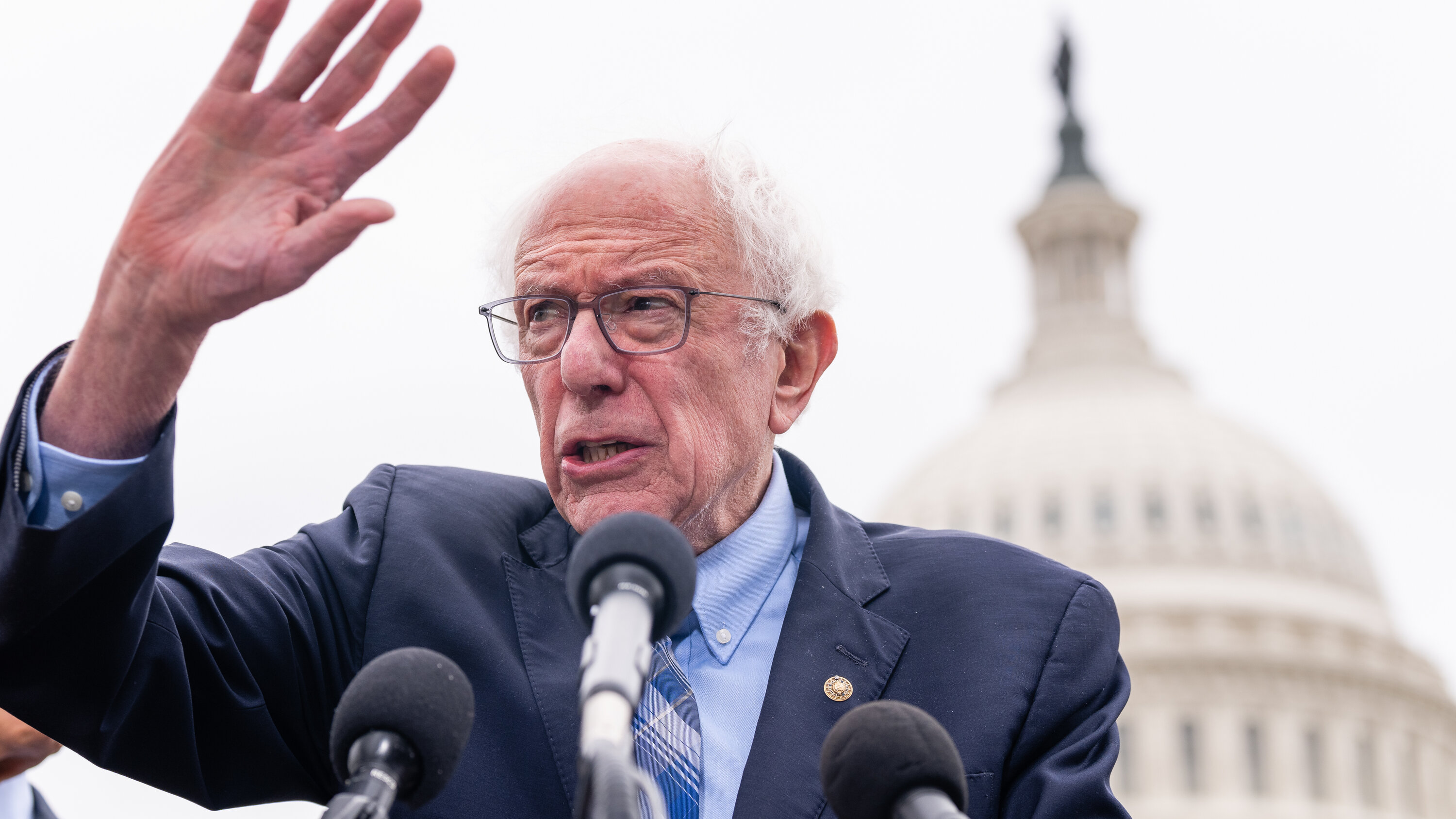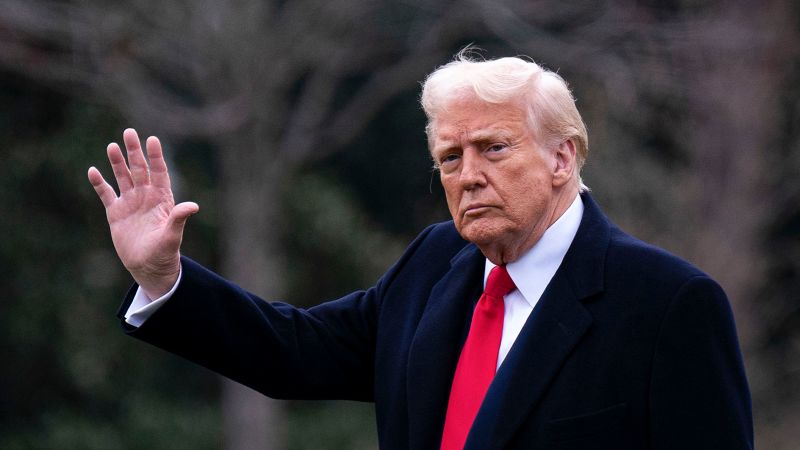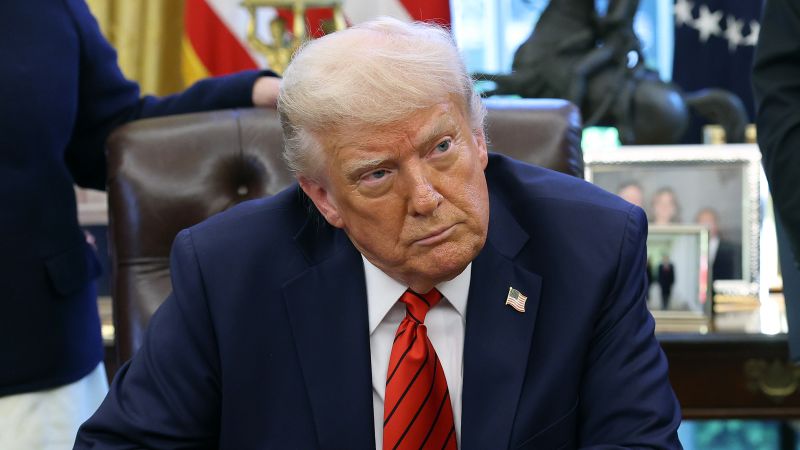Diplomatic Tension Rises: China Fires Back at Vance's Controversial 'Peasants' Remark
Politics
2025-04-09 00:34:18Content
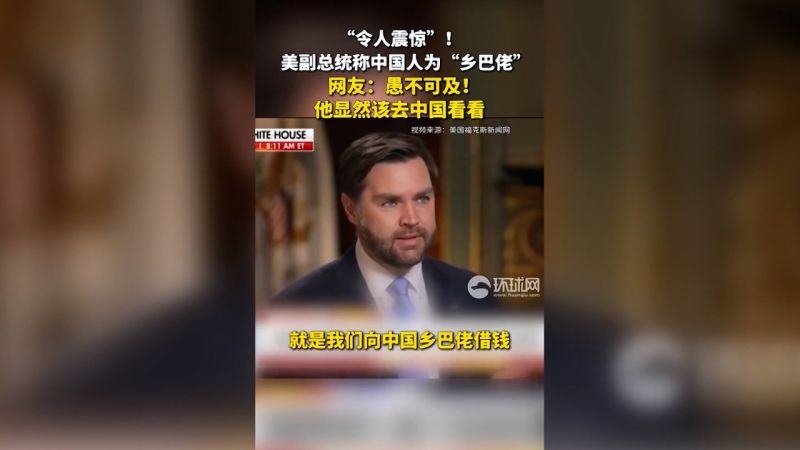
China has unleashed sharp criticism against US Vice President JD Vance following controversial remarks about "Chinese peasants" during a recent Fox News interview, sparking widespread online backlash and drawing ironic comparisons to Vance's own self-described "hillbilly" roots.
The diplomatic tension escalated as Chinese officials and social media users lambasted Vance's comments, highlighting the apparent hypocrisy in his disparaging language. The incident has quickly transformed into a heated cultural and political discourse, with netizens pointing out the striking parallels between Vance's background and the very population he seemingly sought to demean.
Vance, known for his memoir "Hillbilly Elegy" which candidly discusses his working-class Appalachian upbringing, found himself at the center of a diplomatic storm. His remarks about Chinese peasants have been met with swift and pointed rebuttals, with many questioning the appropriateness and cultural sensitivity of his statement.
The controversy underscores the delicate nature of international relations and the potential for inflammatory rhetoric to escalate tensions between the United States and China. Social media platforms in China have been ablaze with commentary, memes, and sharp critiques that challenge Vance's perspective and highlight the complex socio-economic realities of rural communities both in China and the United States.
Diplomatic Tensions Flare: Vance's Controversial Remarks Spark International Discourse
In the intricate landscape of international diplomacy, a single statement can reverberate far beyond its initial context, igniting complex conversations about cultural sensitivity, political rhetoric, and the delicate balance of international relations. The recent comments by a prominent U.S. political figure have once again highlighted the nuanced challenges of cross-cultural communication and political discourse.When Words Become Diplomatic Minefields: A Critical Examination of Intercultural Dialogue
The Origins of Controversy: Unpacking Vance's Provocative Commentary
The recent media storm surrounding Vice President JD Vance's remarks represents a profound moment of diplomatic tension that extends far beyond a simple interview soundbite. His comments, delivered during a high-profile media appearance, struck a nerve in the intricate tapestry of international relations, particularly between the United States and China. The language used revealed deeper underlying tensions and cultural misunderstandings that permeate contemporary geopolitical interactions. The statement's impact was immediate and multifaceted, triggering a complex response from Chinese media and diplomatic channels. What began as an apparently casual remark quickly transformed into a significant diplomatic incident, demonstrating the razor-thin line between political commentary and international provocation.Cultural Context and Historical Perspectives
The controversy surrounding Vance's comments cannot be understood in isolation. It emerges from a rich historical context of cultural misunderstandings and power dynamics between global superpowers. The term "peasants" carries profound historical and sociological weight, particularly in a Chinese context where rural populations have played a transformative role in the nation's economic and social development. Interestingly, the irony was not lost on Chinese commentators who drew parallels between Vance's own self-described "hillbilly" background and his disparaging remarks. This linguistic juxtaposition created a powerful narrative that resonated across social media platforms and diplomatic circles, turning the controversy into a nuanced commentary on cultural sensitivity and political rhetoric.Social Media and Global Reaction: The Amplification of Diplomatic Tensions
The digital landscape played a crucial role in disseminating and contextualizing Vance's comments. Chinese internet users rapidly transformed the incident into a viral discourse, utilizing sophisticated memes, satirical commentary, and pointed critiques that transcended traditional diplomatic communication channels. Social media platforms became battlegrounds of interpretation, where complex geopolitical tensions were distilled into shareable, impactful content. The rapid global spread of the controversy demonstrated the unprecedented speed and reach of modern communication technologies in shaping international narratives.Diplomatic Implications and Potential Consequences
Beyond the immediate media cycle, Vance's remarks potentially carry significant diplomatic repercussions. They represent more than a simple verbal misstep, instead reflecting broader geopolitical tensions and communication challenges between the United States and China. Diplomatic experts suggest that such incidents can have lasting impacts on bilateral relations, potentially complicating negotiations, trade discussions, and cultural exchanges. The incident serves as a stark reminder of the critical importance of measured, respectful communication in an increasingly interconnected global landscape.Lessons in Intercultural Communication
The controversy surrounding Vance's comments offers a profound case study in the complexities of modern diplomatic communication. It underscores the critical need for political figures to approach international dialogue with nuance, respect, and a deep understanding of cultural contexts. As global interactions become increasingly sophisticated and interconnected, the margin for linguistic and cultural misunderstandings continues to narrow. Political leaders must recognize that their words carry weight far beyond immediate audiences, potentially reshaping international perceptions and diplomatic relationships.RELATED NEWS
Politics
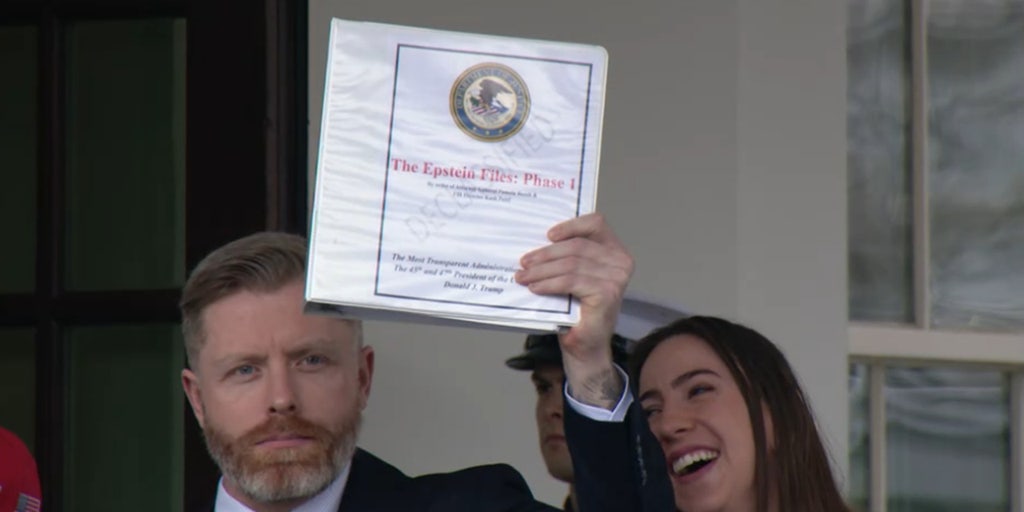
Unraveling the Epstein Enigma: Explosive Revelations from Confidential Files
2025-02-27 23:40:50
Politics
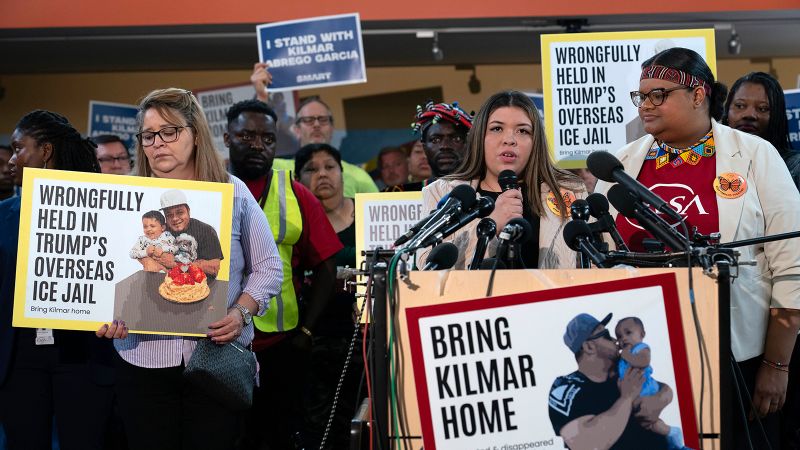
High Court Orders Trump to Aid Wrongfully Deported Salvadoran Man's Return
2025-04-10 22:53:39
Politics
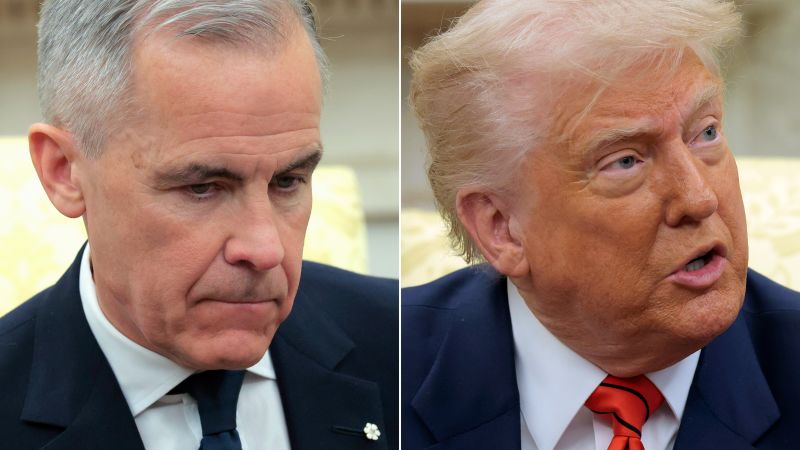
Diplomatic Tensions Unveiled: Trump and Trudeau's Heated Oval Office Showdown
2025-05-06 18:33:20
